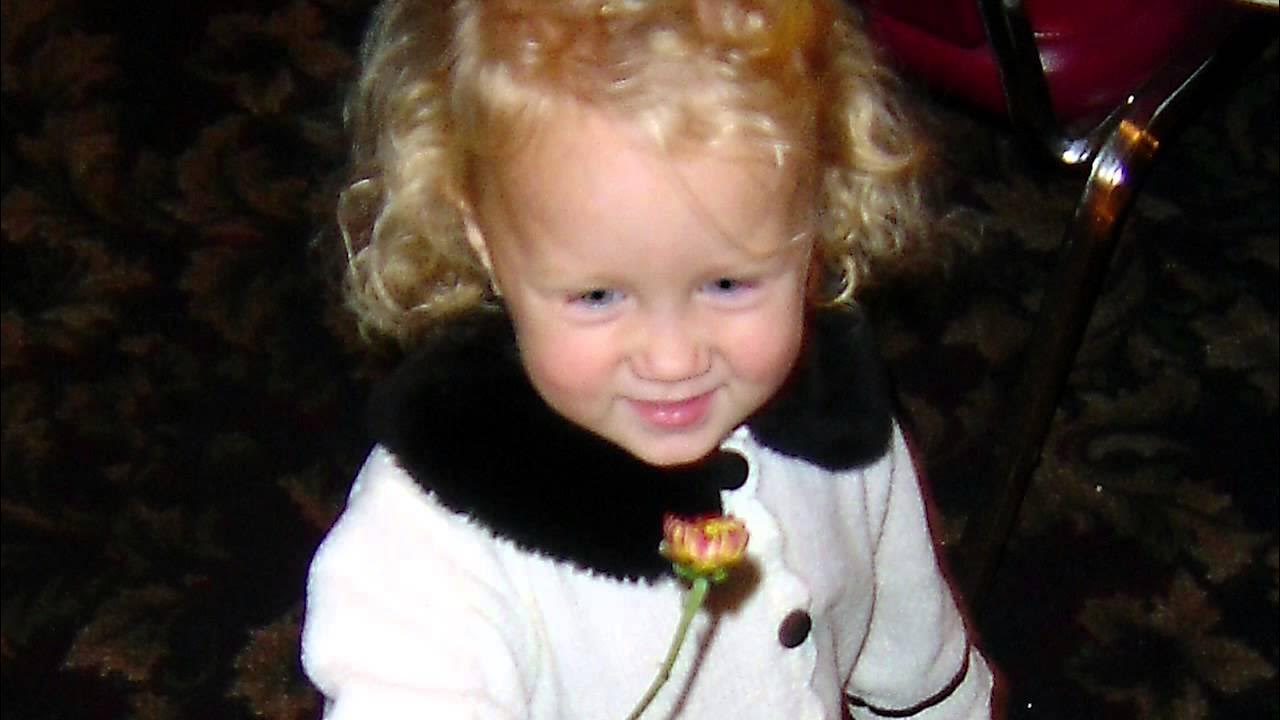The Josie King Story
Summary
TLDRThis emotional and powerful narrative follows a parent's tragic loss of their daughter, Josie, due to medical errors at Johns Hopkins. Josie, a young child recovering from burns, suffered from severe dehydration and misuse of narcotics. Despite multiple warnings from her concerned mother, the medical team failed to take proper action, leading to Josie's death. The story highlights the devastating consequences of communication breakdowns, systemic failures, and negligence within healthcare. The mother shares her story to raise awareness and advocate for patient safety, hoping to prevent similar tragedies for other families.
Takeaways
- 😀 A medical mistake involving the wrong injection of epinephrine led to a child's near-death and triggered a series of medical errors in a hospital setting.
- 😀 The speaker’s daughter, Josie, died due to medical errors, specifically severe dehydration and misused narcotics, after being hospitalized at Johns Hopkins.
- 😀 Josie was admitted for burns from a hot bath, and her recovery was initially progressing well until she was improperly treated and discharged.
- 😀 Josie’s mother noticed alarming symptoms, such as Josie’s abnormal thirst and behavior, but these concerns were not properly addressed by medical staff.
- 😀 Despite the mother’s persistent requests for medical attention, Josie was sent home with insufficient monitoring, which contributed to her declining health.
- 😀 Josie was given narcotics even though orders had been issued to withhold them, which resulted in her heart stopping and a cascade of errors that worsened her condition.
- 😀 The hospital staff did not listen to the concerned parent, which ultimately resulted in Josie's death despite the mother’s efforts to seek help.
- 😀 Josie's death was not the fault of a single medical professional, but rather the result of a systemic failure, poor communication, and lack of attention to the patient’s deteriorating condition.
- 😀 The death could have been prevented with proper attention to the patient's needs, more thorough monitoring, and better communication among the healthcare team.
- 😀 The speaker advocates for stronger patient safety programs and better hospital protocols to avoid preventable medical errors and protect vulnerable patients.
Q & A
What was the initial mistake that led to the tragic events in the script?
-The initial mistake occurred when the surgeon injected concentrated 1:1000 epinephrine instead of lidocaine with epinephrine during a scheduled ear surgery for Ben.
What was the immediate consequence of the mistake during Ben's surgery?
-The immediate consequence was that Ben went into cardiac arrest, and CPR was started, but the child did not recover quickly.
How did the author describe the emotional atmosphere in the room during the emergency?
-The author described a sense of dread and a feeling of helplessness, with everyone in the room trying to stay composed while dealing with the overwhelming situation.
What happened to Josie at Johns Hopkins, and what led to her tragic death?
-Josie, an 18-month-old child, died due to severe dehydration and misuse of narcotics after being admitted to Johns Hopkins for burn treatment. The medical errors included improper management of her hydration and narcotic use.
What were some of the signs that Josie was deteriorating before her death?
-Josie displayed unusual behavior, such as screaming for drinks, sucking on a washcloth, and rolling her eyes back in her head, which were signs of distress. However, these symptoms were dismissed by the nurses.
How did the hospital staff respond when the author expressed concern about Josie's condition?
-Despite the author's repeated concerns, the hospital staff reassured them that Josie's condition was normal, and the doctor was not called immediately. Even when the author returned the next morning, Josie’s condition had worsened.
What mistake did the nurse make when Josie was not supposed to receive narcotics?
-The nurse administered methadone to Josie despite verbal orders to withhold narcotics, which led to Josie's heart stopping.
What was the final outcome after Josie's heart stopped?
-Despite attempts to resuscitate Josie, she was later declared brain dead and was taken off life support two days later. She died in her family's arms.
What does the author believe contributed to Josie's death?
-The author believes Josie's death resulted from a complete breakdown in the healthcare system, including lack of communication, failure to listen to concerned parents, and multiple avoidable errors.
What key lesson does the author hope healthcare professionals learn from this tragedy?
-The author hopes that healthcare professionals will understand the importance of patient safety, proper communication, and listening to patients and families to avoid similar tragedies in the future.
Outlines

This section is available to paid users only. Please upgrade to access this part.
Upgrade NowMindmap

This section is available to paid users only. Please upgrade to access this part.
Upgrade NowKeywords

This section is available to paid users only. Please upgrade to access this part.
Upgrade NowHighlights

This section is available to paid users only. Please upgrade to access this part.
Upgrade NowTranscripts

This section is available to paid users only. Please upgrade to access this part.
Upgrade Now5.0 / 5 (0 votes)





